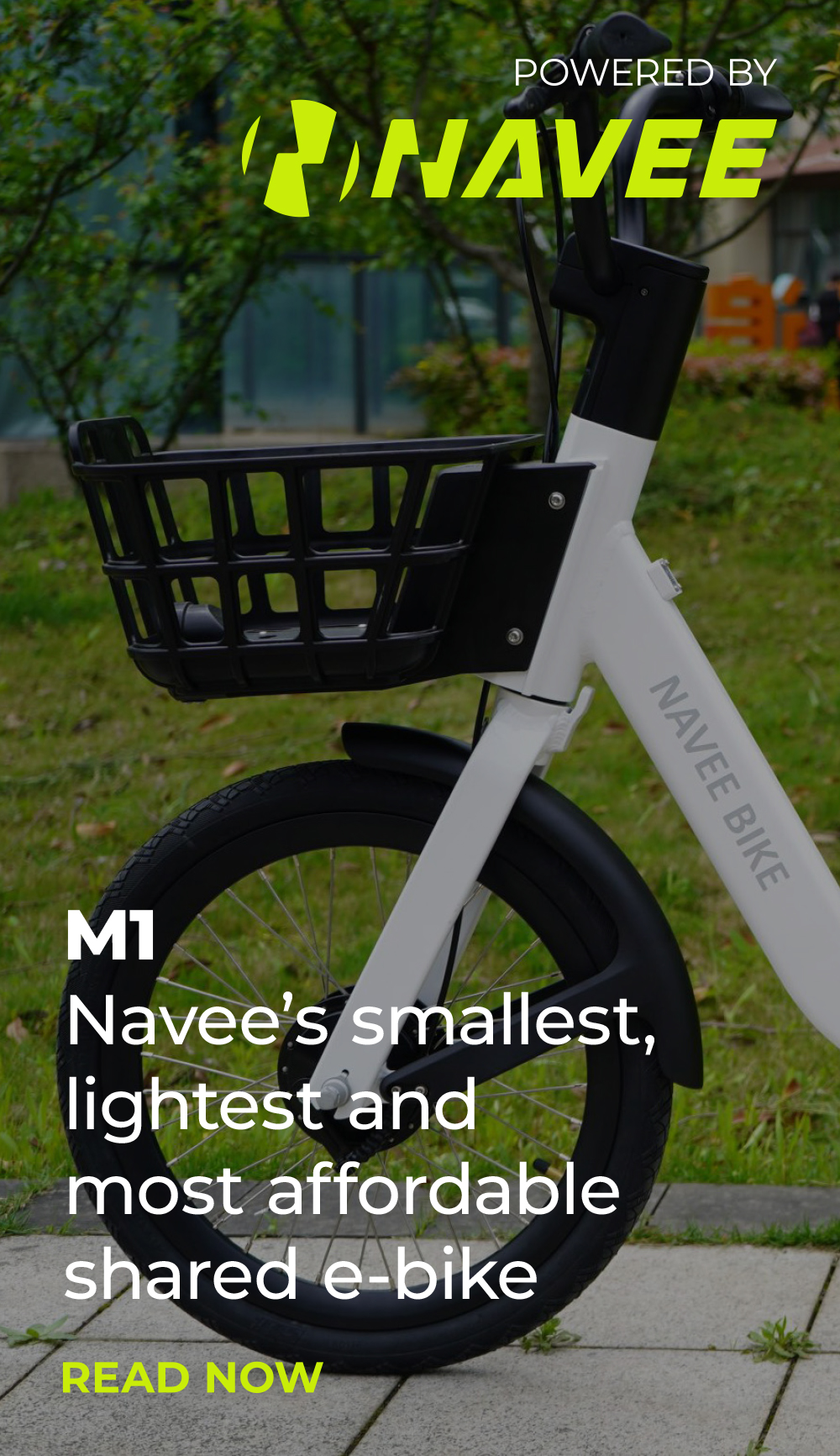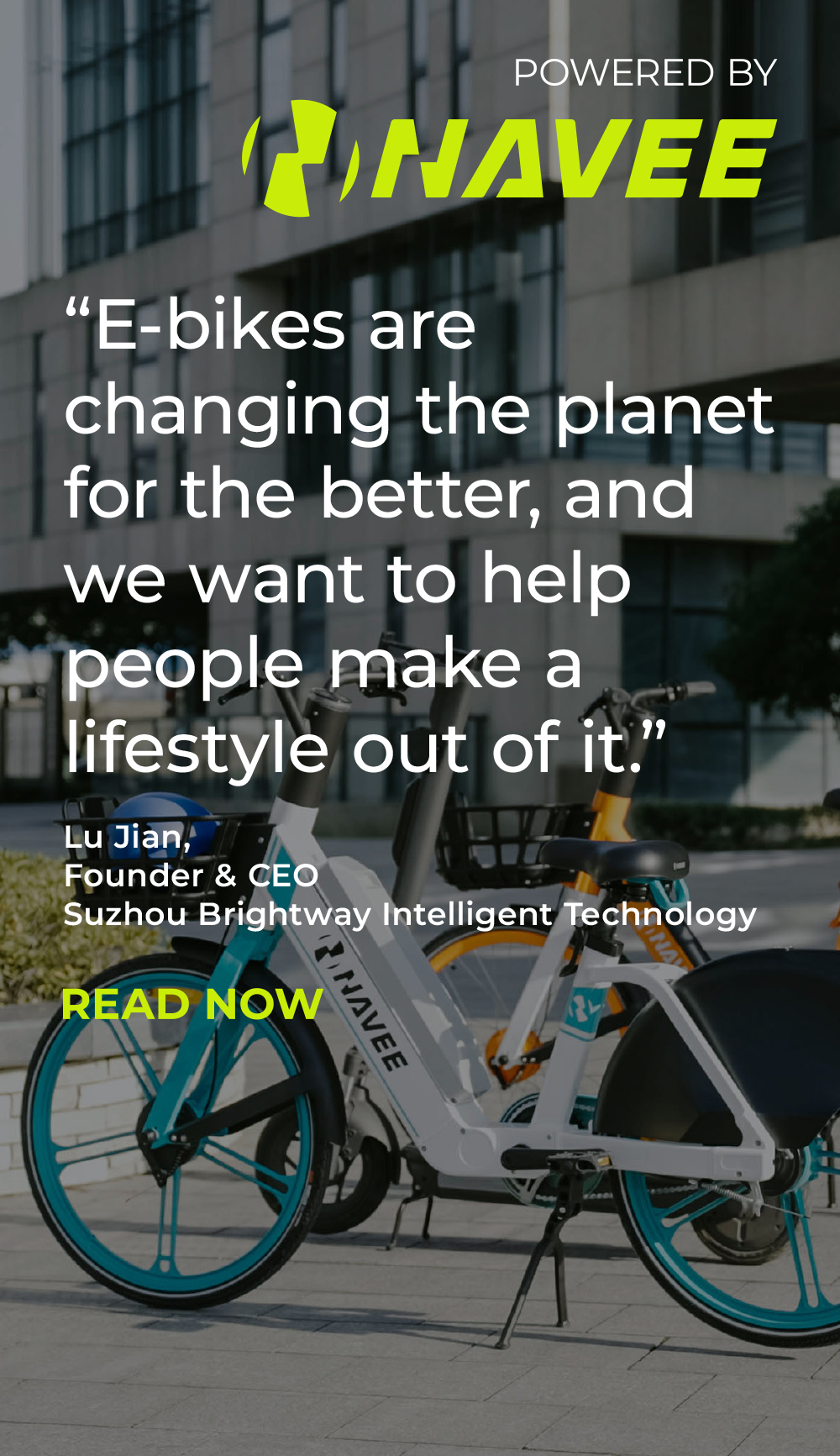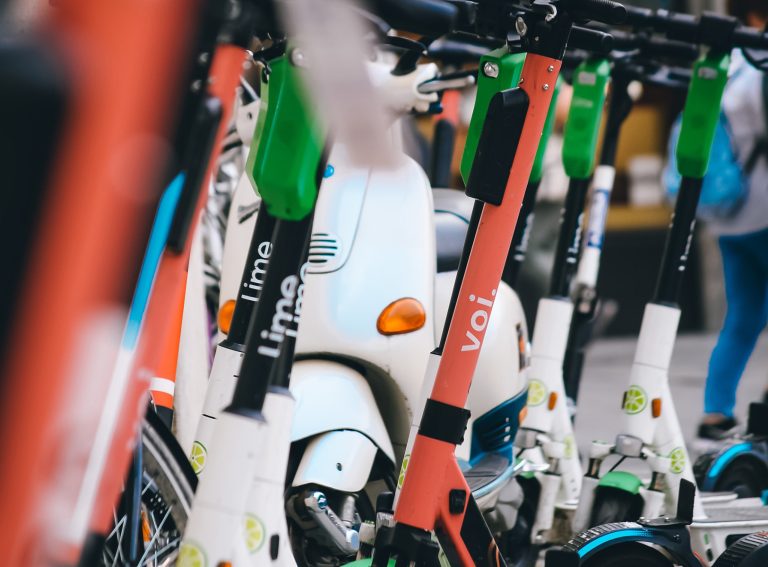London is getting closer to launching a call for electric scooters. According to an environmental committee report spotted by Zag, two or three operators will be selected, with a start date in 2021, following a tender process due to begin this month.
“Transport for London and London Councils are managing the London-wide trial and will launch a procurement exercise in October with the aim of contracting two or three e-scooter suppliers. Launching the hire scheme is likely to begin in Spring 2021, though no firm date has yet been set.”
The report says that the trial would be introduced in phases. On day one, 16 boroughs will participate (including the City of London), although two of those will only permit e-scooter to ride through, rather than park. One more borough would like to join at a later point.
TfL pointed out in a statement to Zag that discussions remain ongoing with all boroughs and that, until the tender is completed, the list of which boroughs take part is not certain. A spokesperson referred us to a previous statement, which outlined that the scope is yet to be determined. The list published in the report (as shown below) is, TfL said, “not confirmed and therefore inaccurate.”
| Boroughs (day one) | Boroughs (ride-through only) | Boroughs (later) |
| Barking and Dagenham | Brent | Redbridge |
| Barnet | Tower Hamlets | |
| Camden | ||
| City of London | ||
| Ealing | ||
| Hammersmith and Fulham | ||
| Harrow | ||
| Hounslow | ||
| Kensington | ||
| Lambeth | ||
| Newham | ||
| Richmond upon Thames | ||
| Southwark | ||
| Westminster |
It’s clear that TfL and the London councils are keenly aware of both the benefits and the challenges that e-scooters bring.
“London councils recognise that the ongoing coronavirus pandemic has changed the case for e-scooters in the UK, in particular the need to provide alternatives to crowded public transport and to avoid a car-based recovery.”
Having seen some of the adoption issues experienced elsewhere in the country, the report highlights that safety measures are being given top billing.
“Safety is a top priority for boroughs, TfL and London Councils. The final safety criteria have been agreed by London Councils, TfL and participating boroughs and are specified in the commercial documents that will go out to the market in October.”
The report outlines clearly that the police would be responsible for enforcing the rules of the road:
“E-scooters are considered motor vehicles in law and as such, enforcement against them for offences such as jumping red lights or ‘driving’ where not permitted – for example, on the footway – will rest with the Metropolitan Police… TfL has advised that traffic police are engaged with the trial planning process, are aware of the likely problems and have said that they will enforce illegal behaviour.”
Parking, however, is a different matter, and councils will have oversight. Local authorities will create a “network of parking areas” across each borough, although whether these are geofenced areas or physical infrastructure is not indicated.
“The supplier procurement process requires operators to have technology in place to ensure that users park e-scooters only in designated bays or areas. This is a contract requirement and we can enforce against it, giving us much more control than we have at present over dockless bikes. Boroughs retain the power to choose where operators can and cannot park e-scooters and we will identify a network of parking areas across the borough, which have been selected to minimise conflict or obstruction for pedestrians.”
Operators will sign up to time limits to move any e-scooters that riders have parked carelessly or badly: 12 hours to remove or re-park scooters left outside designated parking zones and much, much sooner if the scooter is causing an obstruction.
“If a vehicle is parked in a way that causes a danger or obstruction as notified by TfL, a borough, the police or other highway authority, it must be removed within two hours or within the Highway Authority’s emergency response time, whichever is the quickest.”
The report does not state how long the trial would run (ie whether for 12 months, as per elsewhere in the country, or for a shorter period in order to end at around the same time as other already-active trials).
Our take
London may be lagging behind the rest of the country when it comes to introducing e-scooter trials but this doesn’t mean no work is being done. The extra time has allowed authorities to gauge public interest and cherry-pick the best solutions for safe introduction.
When London does get going with e-scooters, it’s going to be the epicentre of best practice not just in the UK but, likely, in the world, with the most innovative systems and the most advanced vehicles. This is going to be a very hard-fought tender process. RR
–
This article was updated on 07 October 2020 to include comment from TfL.






